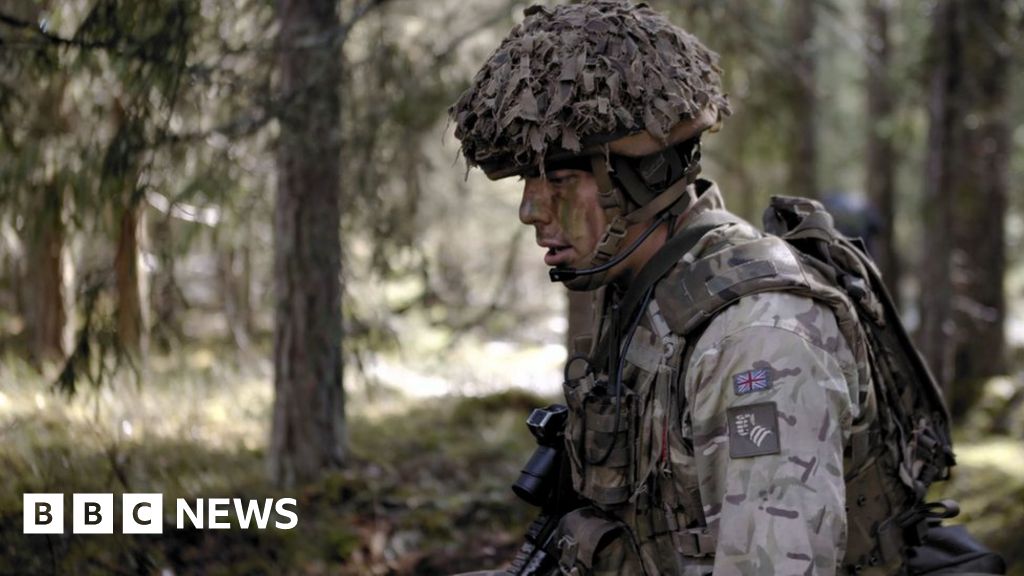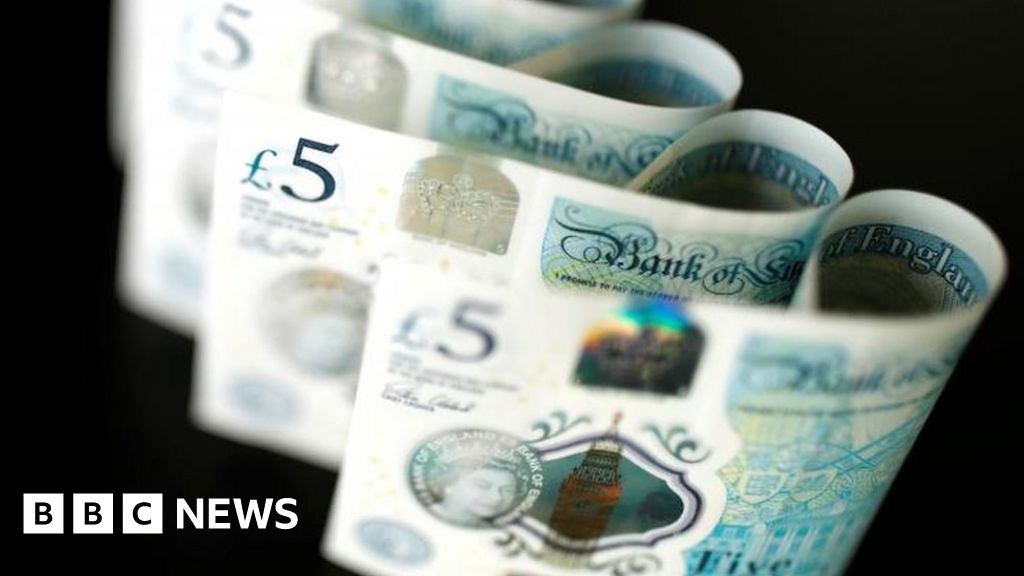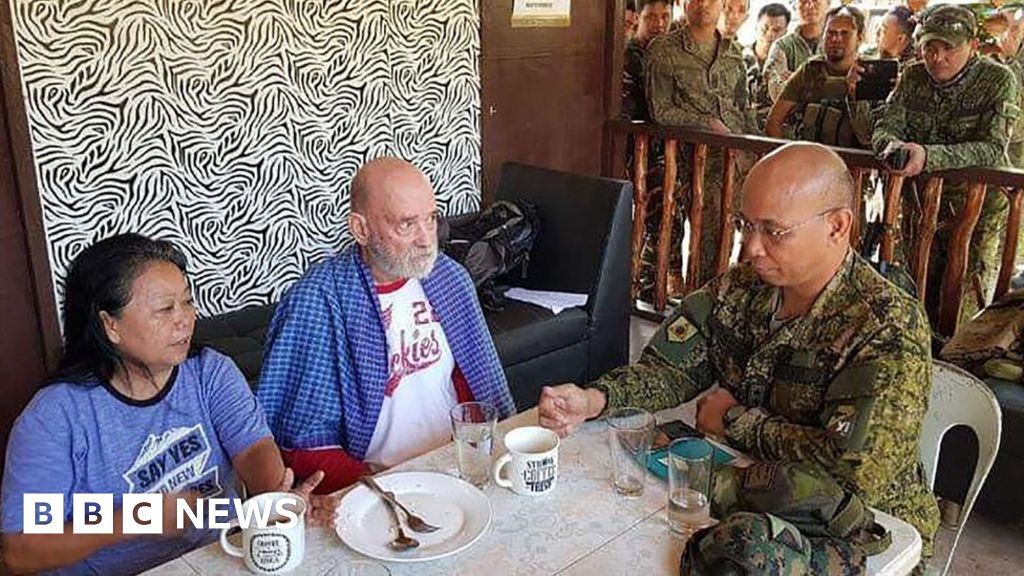Shoppers walk past an empty commercial unit in the central market square of Boston, England, Nov. 8, 2019.
Elliot Smith | CNBC
BOSTON, England — With Britain facing its second general election since the historic vote to leave the European Union in June 2016, voters in the nation's most pro-Brexit town are even more angry and disillusioned than they were three years ago.
More than three quarters of the people of Boston, in the county of Lincolnshire in the East Midlands of England, voted to leave the EU.
According to the most recent U.K. census in 2011, Boston also has the highest proportion of eastern European immigrants of anywhere in the U.K., after an influx of EU workers to the area's agricultural sector, earning it the label of Britain's "most divided town."
Between 2004 and 2014, the town's migrant population grew by 460%, and the proportion of residents of the Borough of Boston born in EU accession countries such as Lithuania, Poland and Latvia, stands at around 12%.
The center of the quaint English farming town is a melting pot of local and eastern European chatter as residents work, shop, visit the bank, the drug store, the pub, and co-exist seemingly without incident.
Yet the first word out of the mouth of every local when asked about the difficulties facing the town is "immigration."
St. Botolph's Church, known in typically blunt local parlance as the "Boston Stump," formerly served as a landmark to sailors arriving at the town's docks. In its neighboring Stump & Candle pub, cries of "sh-t", "fed up" and "p----d off" ring out when the current state of British politics is mentioned.
Brexit, immigration and the death of hope
Slogans like "will of the people" and "leave means leave" still dominate the local lexicon, and almost to a man, the regulars will be voting for Prime Minister Boris Johnson's Conservative Party next month in the hope of getting Brexit over the line before the extended deadline of January 31. The simmering frustration with opposition lawmakers for their successful attempts to block a "no-deal" Brexit in Parliament is palpable.
The constituency of Boston and Skegness has been a safe Conservative seat since its inception in 1997, and the party is almost certain to retain it in December after Brexit Party leader Nigel Farage announced that he would not stand candidates in seats carried by the Conservatives in 2017.
The River Witham and St. Botolph's Church, known locally as the 'Boston Stump', in Boston, England, Nov. 8, 2019.
Elliot Smith | CNBC
This notwithstanding, nobody in Boston seems to believe that the upcoming general election will resolve the country's political divisions, and the tone is one of exasperation.
"I'm not bothered if there's a deal or no deal," one regular says indignantly. "Everybody's frightened to death about what might happen, but nobody knows what will happen. We should just go with the deal, but the opposition are always going to block it."
Some of the patrons accuse migrants of "coming over here to claim benefits" while others simultaneously allege that they have taken jobs and opportunity away from low-skilled workers in the area.
Migrants from the eastern European countries which joined the EU after 2004 are more likely to be in work than British born working-age adults, according to the Migration Advisory Committee.
Boston's employment rate is comfortably higher than the U.K. average and its percentage of out-of-work benefits claimants sits at 2.7% compared to a national average of 2.9%, according to the latest figures from the Office of National Statistics.
Boston's total population did grow by nearly 16% between 2001 and 2011, double the national average, but around 42% of the town's workforce is employed in the categories of "process plant and machine operatives" or "elementary occupations," versus a national average of just below 17%.
Its proportion of workers employed in managerial, professional or technical occupations is 18.4% versus 47.1% across Great Britain. Median wages are well below the national average.
The bottom 10% of earners are more detrimentally affected by EU migration, but the change is comparatively small compared to overall wage growth for U.K.-born workers. So while low income U.K.-born workers experience more of the negative impact of increased unskilled migration compared to higher earners, this is outstripped by the average increase to their wages over that same period.
An Oxford Economics study in 2018 estimated that EU migrants' annual net tax contributions are approximately £2,300 ($2,960) more than the average U.K. adult.
A Union Jack flies from an apartment block against the backdrop of the 'Boston Stump' in Boston, England, Nov. 8, 2019.
Elliot Smith | CNBC
One man in his sixties who spoke to CNBC in the Stump & Candle attributed the disgruntlement not to the migrants themselves, but to a lack of U.K. government spending to enable public services to deal with the surging population.
"Did they give us more police, more doctors, more hospitals, more schools, better roads? Did they give us anything to cope with it? No. We got dumped on," he says, adding that Boston used to be a "beautiful little town and still could be," but has been reduced to an "empty shell."
'We've been robbed blind'
Contrary to his peers, he welcomes the presence of migrant workers as a positive for the area, but claims the presence of large supermarkets at the expense of local businesses has "drawn the lifeblood" out of Boston.
"In the old days, that money used to circulate in Boston, we all got a bit of it. It would go round and round and round — now the money flies, it's gone, we never see anything," he says.
The group paints a dystopian picture of Boston's decline, describing a wasteland of boarded up windows, businesses closing down to be replaced by charity stores.
There are indeed an increasing number of empty commercial units dotted throughout the central shopping district, but as locals greet one another gleefully on the sidewalk on a wintry Friday morning, it evokes greater likeness to the archetypal sleepy, post-industrial East Midlands town than the nightmare they are depicting.
A vacant furnishing store in Boston, England, Nov. 8, 2019.
Elliot Smith | CNBC
Much of the anger which fueled the Brexit vote seems to stem from a sense of neglect by consecutive British governments, rather than any long-running gripe with the EU itself.
"When you come up from London and you see the roads in London, and then you see from Peterborough to here, they don't spend any money on any of it," the man points out indignantly.
"We're stuck out here in the Wash, nearly in the North Sea, and they don't even know we're here. That's what it's all about."
Responses vary with regards to what Brexit will achieve, however.
"We don't want to be dictated to!" one elderly gentlemen yells from across the room, which by now has escalated from a quiet midday hum to a bellowing cacophony. "I'm not bothered, as long as we're out!" a gaunt, wild-eyed man shouts, adding that "it'll get rid of the foreigners."
"It's not going to solve anything," the first man sighs, "because we've got no pull on government, we've got no voice, we've got nothing to help us."
He points out to his friend that Boston will still need EU migrant labor on the farms and in the packhouses, but says the money which once circulated within the local economy will still "fly away" and the town will continue to be "robbed blind."
Strained public services
Financial pressures on the U.K.'s national health service (NHS) are, aside from Brexit, one of the pre-eminent battlegrounds in British politics.
A burly man in his late fifties says the local NHS is "overwhelmed" and "you can't get a doctor's appointment," while the gaunt man angrily claims that he has been waiting over a year for a pacemaker.
Out in the central market square, Pat, a 74-year-old former secretary at Boston's flagship Pilgrim Hospital, claims it is no longer "fit for purpose."
"We can't blame the foreigners for everything but our services are stretched to the limit and have been for a good few years due to the influx of people coming here," she says, adding that the "schools are packed to capacity" and "English children are having to be held back" due to the growing proportion of non-English speaking pupils.
NHS trusts across the country are spending more than they are bringing in, and the NHS was asked several years ago to find £22 billion in savings by 2020, prompting further cuts.
A commercial unit sits empty beside a pawn shop in Boston, England, Nov. 8, 2019.
Elliot Smith | CNBC
United Lincolnshire Hospitals Trust, which runs the Pilgrim, has racked up almost £4 million in fines for missing key waiting time targets over the last four years.
Meanwhile, EU immigrants make up about 5% of English NHS staff and about 5% of the English population, according to the best available data. Across the U.K., EU immigrants make up 10% of registered doctors and 4% of registered nurses.
Pat does not think the election will help to heal the nation's divisions, and suggests lawmakers on both sides of the aisle need to "get round the table and work together."
She empathizes with ousted former Prime Minister Theresa May and complains that under Johnson, the country is "two steps back from where we were" on Brexit. "We've become the laughing stock of the world," she says, adding that she is unsure which way she'll vote in December.
A young woman nearby confirms that she will vote Conservative, but is not sure how it will help, or whether anything will change in Boston, regardless of the result.
'Everyone is going home'
Contrary to the bleak representation of the town given in the Stump & Candle, the Bulgarian grocery store neighboring it is bustling with activity, and the two female clerks chat jovially in native dialect to customers and a group of men congregated by the store room.
Beside them are a string of Western Union posters headlined "Know Your Rights" and containing a string of advice for migrants on how to avoid exploitation and discrimination.
"It is your right to be treated honestly and fairly," the top bullet point reads.
Graffiti on the wall of a private car park in Boston, England. Nov. 8, 2019
Elliot Smith | CNBC
Interaction between Bostonian and Eastern European residents seems minimal at best. One 28-year-old employee at a Romanian butchers has lived here for six years and says that while she has found the locals to be generally friendly, her community very much keeps to itself.
Over on the less postcard-worthy side of the River Witham, West Street, a long, straight road toward the railway station, is lined on both sides with Eastern European stores, in an area which once hosted more empty units than occupied ones.
Romas Latvenas, a grocery and protein supplement store owner who moved to Boston from Lithuania in 2004, says despite the relative prosperity they have enjoyed in Boston, Brexit is forcing EU migrants to consider relocating, while already driving up food prices for businesses.
Eastern European shops on West Street, Boston, England, Nov. 8, 2019.
Elliot Smith
"Our businesses are already being affected, and it is not just European shops, but everything. People who are working in the factories, the Lithuanians, Polish, Latvians, everyone is going home, or they are going to Germany, Holland or Belgium," he says.
"The currency going down means that people can just move to mainland Europe and it is the same, and now look around — the shop is empty, the streets are empty."
Romas also says his own family is considering moving, despite having lived in Boston for over a decade.
"With fewer people, fewer workers, the local economy is going off a cliff. Fifteen years ago, these shops were empty — there was maybe one European shop and that was it, the windows and houses and estate agents were boarded up," he says.
"We all come here to work, we pay our taxes, and I don't know what the English people think will happen. The big people in London do not care about this place, they do not care about us — it is very bad for us now."
Let's block ads! (Why?)
https://news.google.com/__i/rss/rd/articles/CBMiXmh0dHBzOi8vd3d3LmNuYmMuY29tLzIwMTkvMTEvMjgvaW4tYm9zdG9uLWJyaXRhaW5zLW1vc3QtcHJvLWJyZXhpdC10b3duLXZvdGVycy1hcmUtZmVkLXVwLmh0bWzSAWJodHRwczovL3d3dy5jbmJjLmNvbS9hbXAvMjAxOS8xMS8yOC9pbi1ib3N0b24tYnJpdGFpbnMtbW9zdC1wcm8tYnJleGl0LXRvd24tdm90ZXJzLWFyZS1mZWQtdXAuaHRtbA?oc=5
2019-11-28 08:27:00Z
52780451158160






